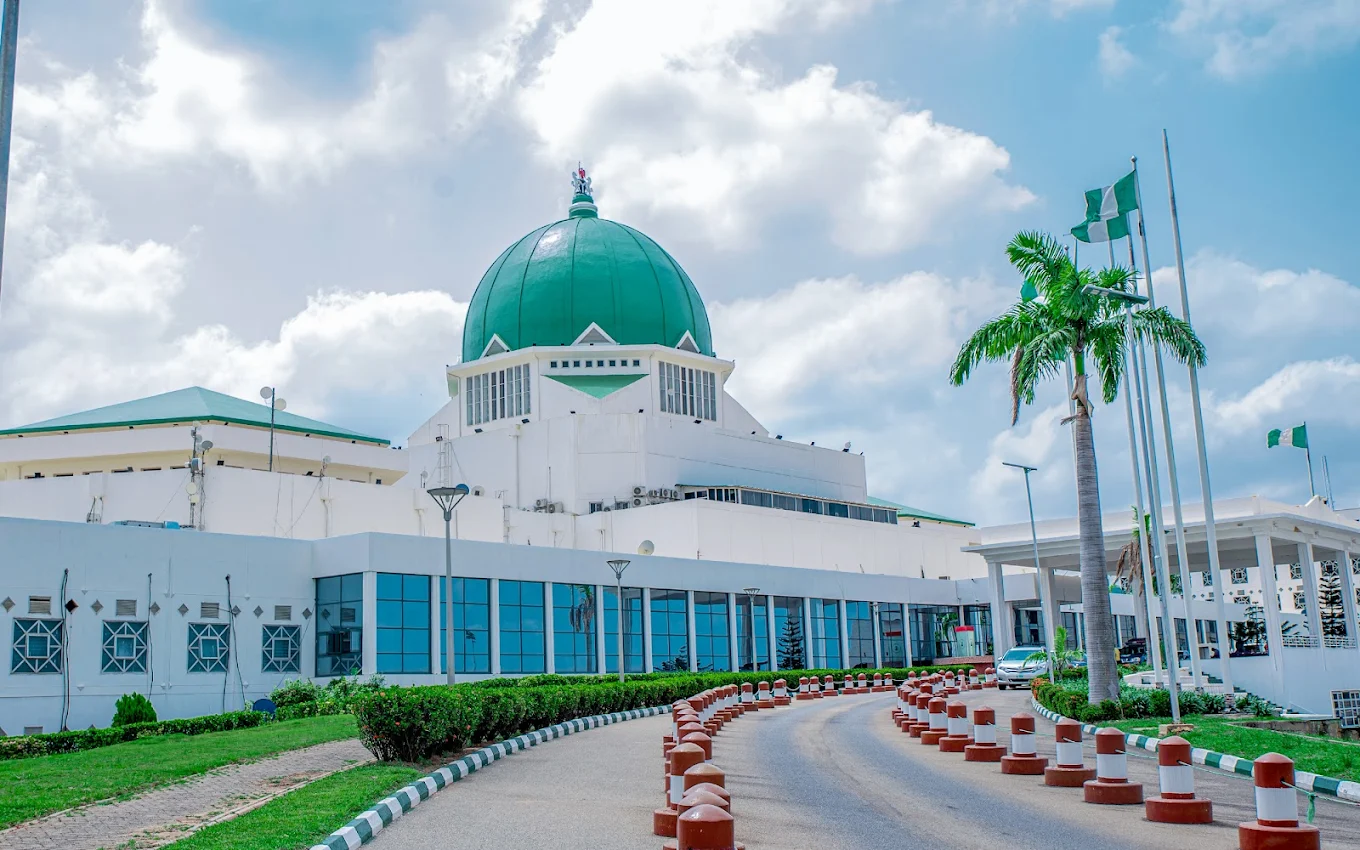
The recent position of the Senate urging the Federal Government to withhold statutory allocation to local councils without democratically elected leaders is yet another pointer to the lingering constitutional abnormality afflicting most local governments in the country. The issue is underscored by the fact that contrary to specific provision in section 7(1) of the 1999 Constitution, the councils have been run largely at the whims of governors. The section stipulates that “the system of local government by democratically elected local government councils is under this constitution guaranteed…”.
The Senate recommendation was in reaction to Benue State’s arbitrary dissolution of duly elected local council officials and the constitution of caretaker committees. The senators advised the Federal Government to review the said dissolution and reinstate the affected elected council executives. While advocating that the Electoral Act be amended to empower the Independent National Electoral Commission (INEC) to conduct local council polls, they further charged the Governor of Benue State, Hyacinth Alia, to adhere to his oath of office to obey the rule of law and defend the constitution of the country.
Indeed, the issues raised by the upper chambers are germane and deserving of dispassionate consideration. Consequently, the fundamental questions are thus: Do state governments have the inherent powers to disband duly elected local government councils? Does the President possess the vires to withhold local government funds? Will putting INEC in charge of local government elections not amount to an aberration of true federalism?
Local government is modeled to serve three purposes: “First, as a mechanism for democratic participation and inclusive governance; second, as an efficient service delivery tool that is tasked with the provision of social services and basic infrastructure; and finally as a tool for national development and a medium through which the grassroots can share in the national wealth.” Nigerian law places local governance under the control and management of the sub-national government. Section 7 (1) of the 1999 constitution granted unfettered powers to state governments to provide for the establishment, structure, composition, finance and functions of democratically elected local government councils. However, to complete the process of creating new local councils, states are mandated to defer to the National Assembly for the enlistment of such councils in the constitution.
Despite the enormous powers allocated to the federating units, the constitution did not in any way clothe them with the authority to tamper with duly elected local government councils. However, some state governments via the House of Assembly have enacted laws empowering governors to remove, suspend, sack, or dismiss duly elected local government executives. These laws that clearly contravene the constitution are usually silent on what happens after the affected executives are sacked from office. Since nature abhors a vacuum, state governors have resorted to the illegal practice of setting up caretaker committees to replace the dissolved councils.
The caretaker system of governance dates to Nigeria’s Second Republic. During the early 1980s, unelected local officials under the guise of “caretaker committees” ran local governments throughout the federation. For obvious political gains, state governments have sustained the malpractice even though the Supreme Court has repeatedly pronounced its illegality and unconstitutionality. In a plethora of cases, the apex court has held that governors cannot terminate the tenure of elected local government administrators, and consequentially, shut down caretaker committees. Sadly, about 16 states in Nigeria are presently without democratically elected council officials. More worrisome, is that Nigerians seem to have accepted this anomaly as a norm.
In the case of Benue State, there are reportedly subsisting court rulings restraining Governor Alia, the House of Assembly, their agents, privies, etc. from interfering with the tenure of the elected council officials. Although the governor claimed the 23 local councils were dissolved by the State Legislature, he nonetheless admitted that he appointed Caretaker Committees to replace the dissolved councils. The actions of both arms of government are injudicious, contemptuous, and a flagrant disobedience of the rule of law. Not only does replacing elected officials with non-elected ones amount to truncating the will of the electorate, it also constitutes an insult to their collective sensibilities as being bereft of the intellect to choose their local representatives. The fact that the legislature (which should be checking the executive) is complicit in this act of impunity reinforces the character deficiency of our political leaders.
Whilst the action of Benue State is condemnable, the question of whether the President has the right to withhold statutory allocations due to local government councils was resolved in AG Lagos State v. AG Federation in 2004. In this case, the Supreme Court held that the president “has no power to suspend or withhold for any period whatsoever the allocation due to local governments in Lagos State.” Therefore, is it safe to assert that the Senate was wrong by urging President Tinubu to do the unlawful to correct an unlawful act? After all, one cannot correct a mistake with another mistake. But then a further question to be answered is: “whether unelected local councils are entitled to statutory allocations?
A community reading of Section 7 subsection (1) and subsection (6) (a)(b) of the 1999 Constitution indicates that the National Assembly and House of Assembly are only mandated to make provisions for statutory allocation of public revenue to democratically elected local government councils in the federation and within the state respectively. It is submitted that the proper thing for the National Assembly to do in the instant circumstance is to pray to the court to restrain the Federal Government from disbursing funds to all unelected local government councils. Overall, the tidiest cause of action is for state governments to desist from such illegal practices of dissolving elected councils and replacing them with caretaker committees.
On the issue of the quality of the local government electoral process, it is a fact of public knowledge that State Independent Electoral Commissions (SIECs) are very dependent on the state governments. Local council polls are mere coronations of the candidates of the ruling party in the state. As a public analyst puts it, the entire process is “a glorified appointment of the governor’s cronies and lackeys.” This porous system is enabled by the weak laws enacted by the State House of Assembly which scarcely protect the tenure of local government officeholders. Governors are the de facto electoral emperors as they determine when (s)elections will be held and who is crowned the winner. Therefore, SIECs exist as the umpires only in statute books. In fact, local councils do not possess any scintilla of autonomy as they are nothing but appendages of state governments.
Undoubtedly, the sub-national governments are undermining local democracy and destroying grassroots government with their constant meddling in the affairs of local government councils. Nevertheless, it will be an aberration to saddle INEC with the additional responsibility of organising local council elections. Despite the aberration exhibited by state governments, local government administration should remain under their purview in line with true federalism. Governors should simply follow due process in the management and control of local councils while their parliamentary counterparts should strengthen and protect the councils from executive strangulation via the instrumentality of the law. Furthermore, the National Assembly should make Chapter 2 of the constitution justiciable so that the citizens can hold the government at all levels to account.
Let local governments run according to the constitution

Benue State
Benue State





